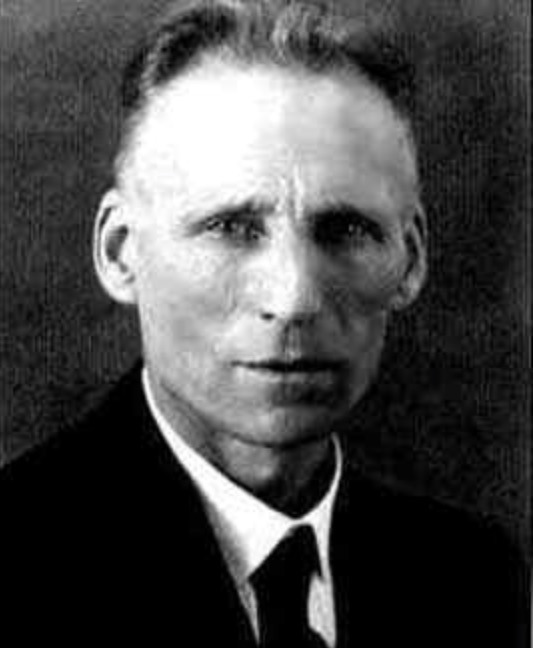
L E J Brouwer was born on February 27, 1881 in Overschie, a suburb of Rotterdam, Netherlands. He is most famous for his proof of the topological fixed point theorem, asserting that for any continuous function f(x) that maps a compact set onto itself there is a point x0 such that f(x0) = x0.
However, Brouwer may be best known for his doctrine of mathematical intuitionism, which views mathematics as the formulation of mental constructions that are governed by self-evident laws. This means, for example, that the proposition that the sequence of digits 123456789 occurs somewhere in the decimal expansion of the square root of 2 cannot be assumed to be either true or false because there is no known procedure for testing this assertion in a finite number of steps. That is, it may be neither true nor false. No matter how many decimal digits of the square root of 2 we obtain in its expansion, we can never be sure that the sequence 123456789 will occur, because we have no construct for determining its truth or falsity.
Although this philosophical interpretation of mathematical truth is not mainstream, it has caused mathematicians to rethink the concept of proof in mathematics and revisit the law of the excluded middle, i.e., is there an alternative to the assumption that a proposition is either true or not true?
Emphasizing the importance of interpreting mathematics, Brouwer asserted, “One cannot inquire into the foundations and nature of mathematics without delving into the question of the operations by which the mathematical activity of the mind is conducted. If one failed to take that into account, then one would be left studying only the language in which mathematics is represented rather than the essence of mathematics.”
